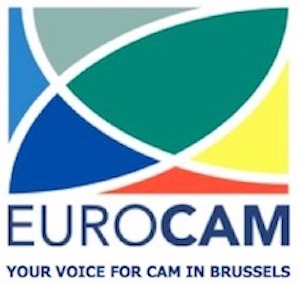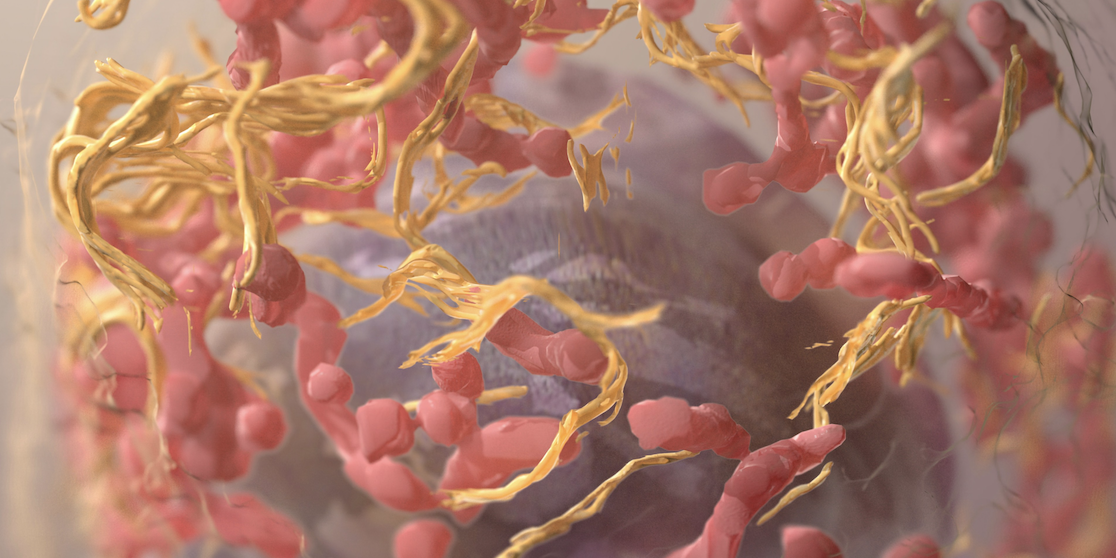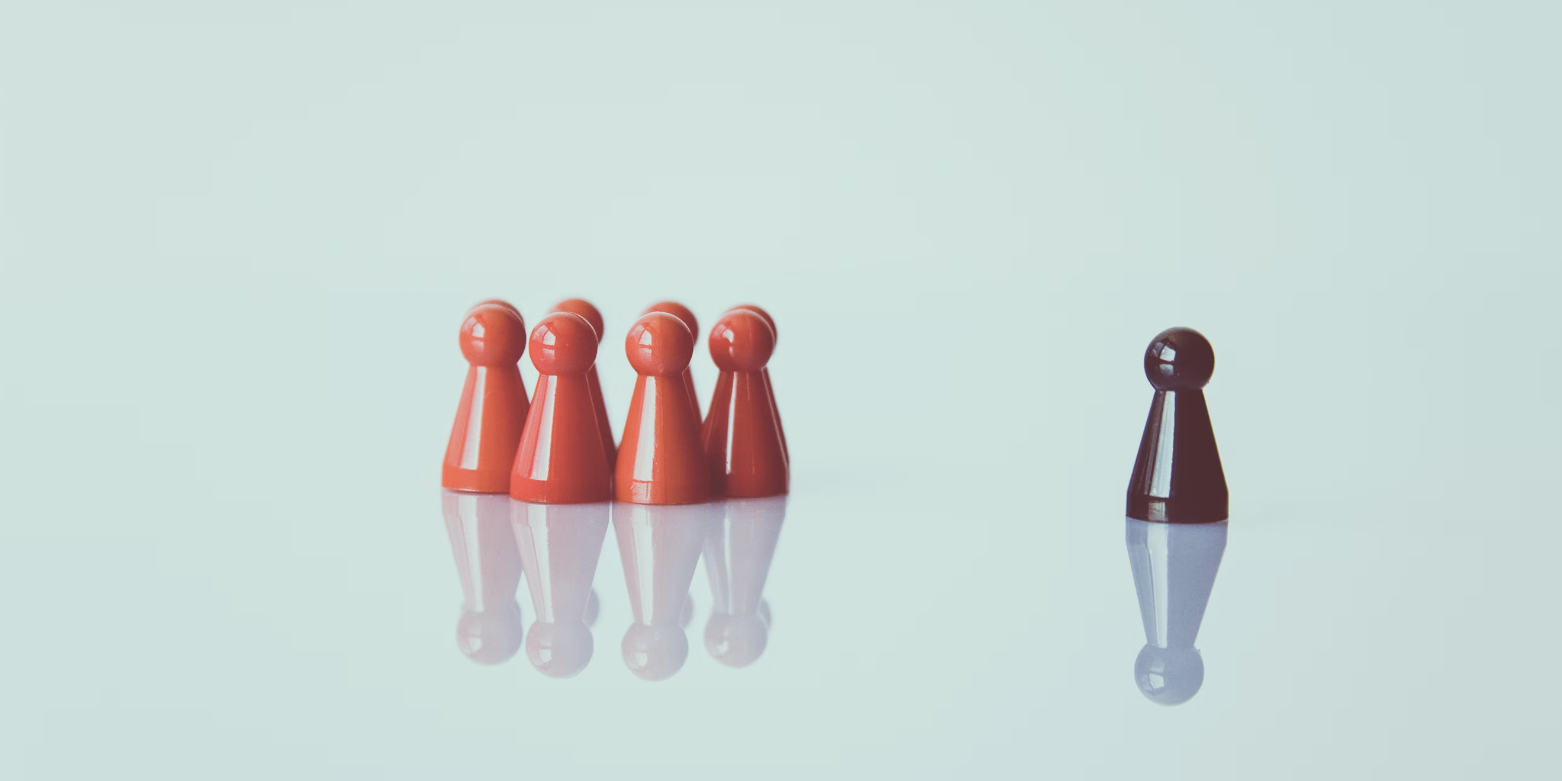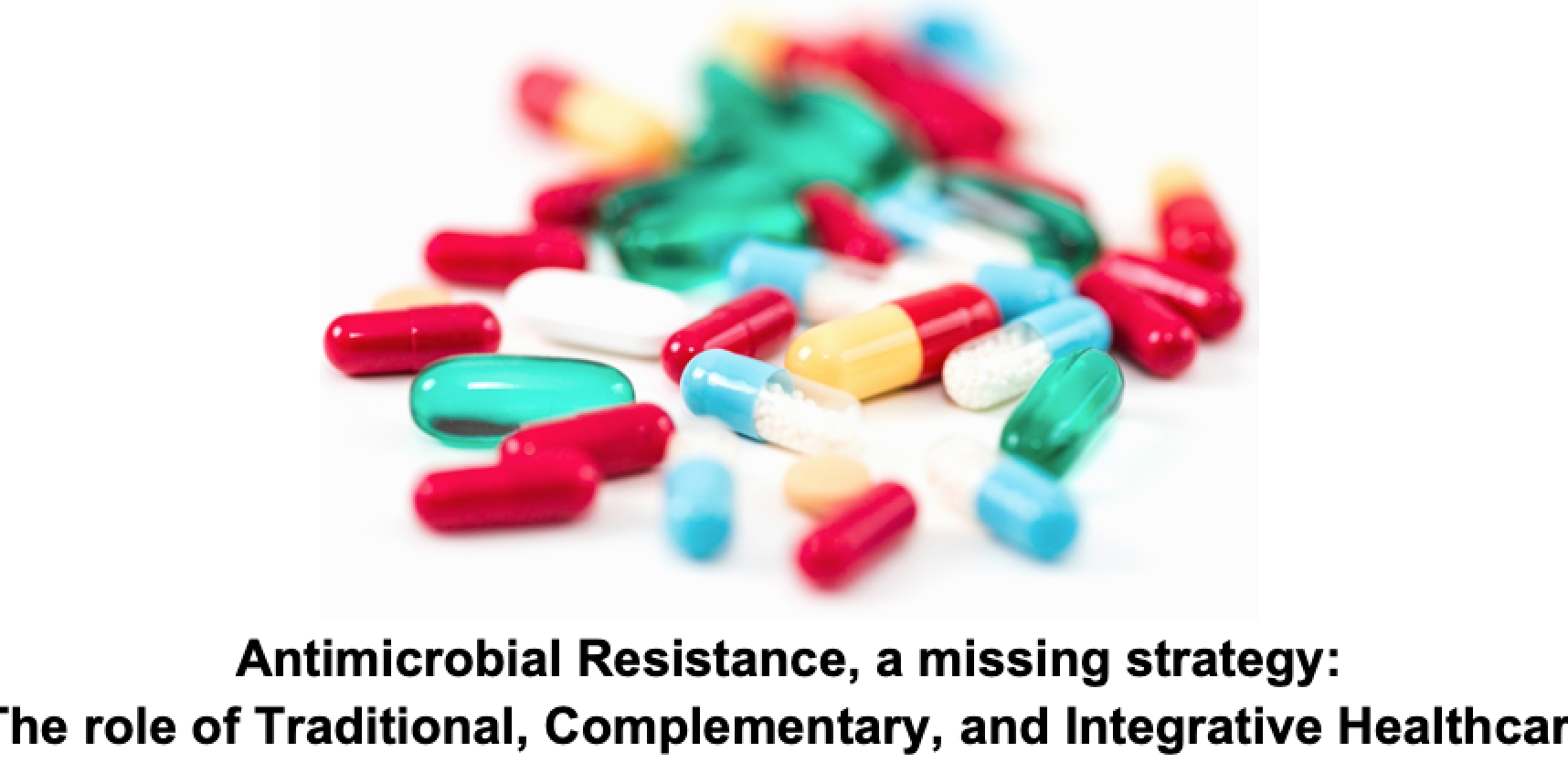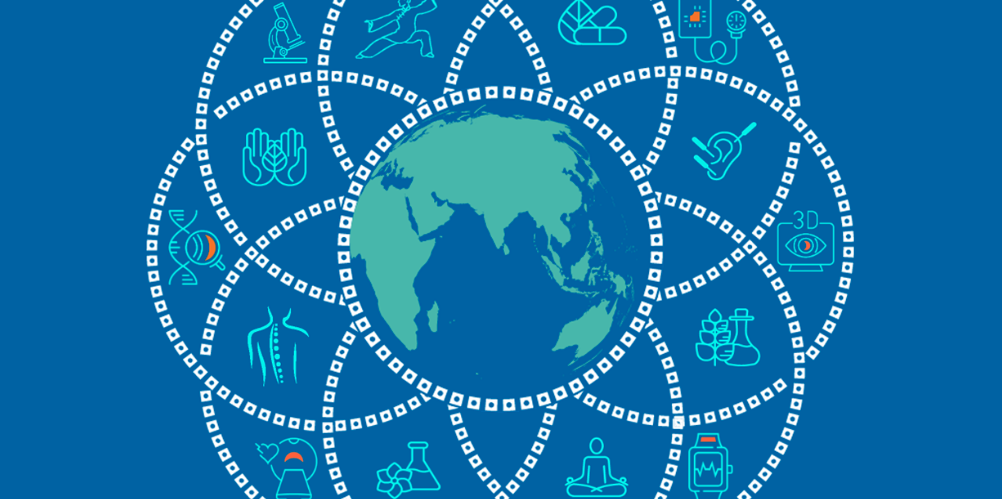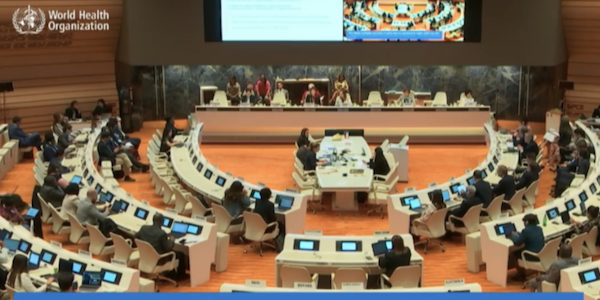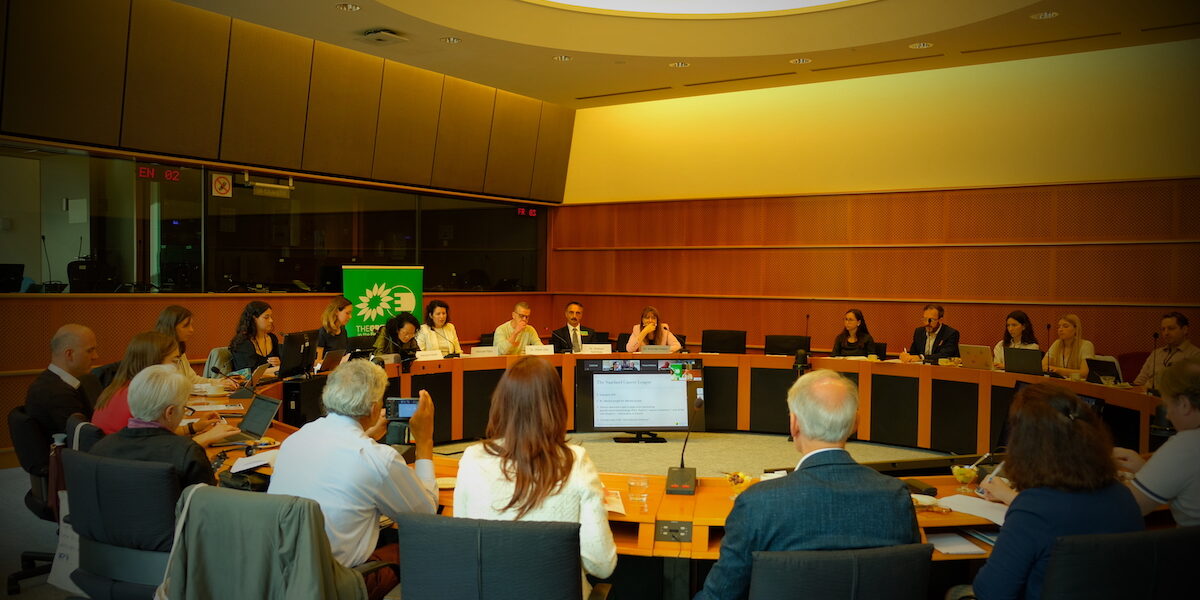Is acupuncture dose dependent? Ramifications of acupuncture treatment dose within clinical practice and trials.
Problems in acupuncture research associated with the limitations of randomized placebo-controlled trials have been discussed for decades. However, there has been little discussion around acupuncture trial design to optimize the chances of acupuncture treatment achieving maximum therapeutic benefit (MTB). While there are numerous factors in clinical trial design which can influence clinical outcomes, there is emerging evidence to suggest that acupuncture treatment dose and practitioner skill levels are important factors which contribute to the clinical quality of acupuncture research. There is also a need in trial reporting and systematic reviews to distinguish clearly between trials designed to deliver an “adequate” treatment dose (enough to cause some initial therapeutic benefit) and trials designed to achieve maximum therapeutic benefit. Only when acupuncture trials not designed to achieve MTB are excluded from meta-analyses is it likely that the effect sizes of acupuncture treatments can be measured accurately.
Acupuncture is known to have been practised for more than 2000 years in China and then throughout East Asia. However, it only began to be studied in controlled clinical trials starting in the second half of the 20th century and in the West starting in the 1970s. Over that period of time, a pattern has emerged with trials carried out in countries such as China, Korea, and Japan tending to identify acupuncture as having a consistently high rate of effectiveness, often in the 90 % range. Conversely, trials in Western countries tend to show lower overall effectiveness rates and to demonstrate a great deal of variation in effectiveness rates between different trials.
Some have gone so far as to say that the consistently high effectiveness rates of Chinese trials indicate those trials cannot be trusted. Others have countered that many Western trials showing relatively lower effectiveness rates were conducted using poor clinical protocols and were carried out by acupuncturists with limited training.
The article is published on the journal homepage Integrative Medicine Research and ScienceDirect. Korean Institute of Oriental Medicine.
Read the whole article here.
Health news related to Complementary and Alternative Medicine
Do you want to stay informed about health news in relation to CAM?
